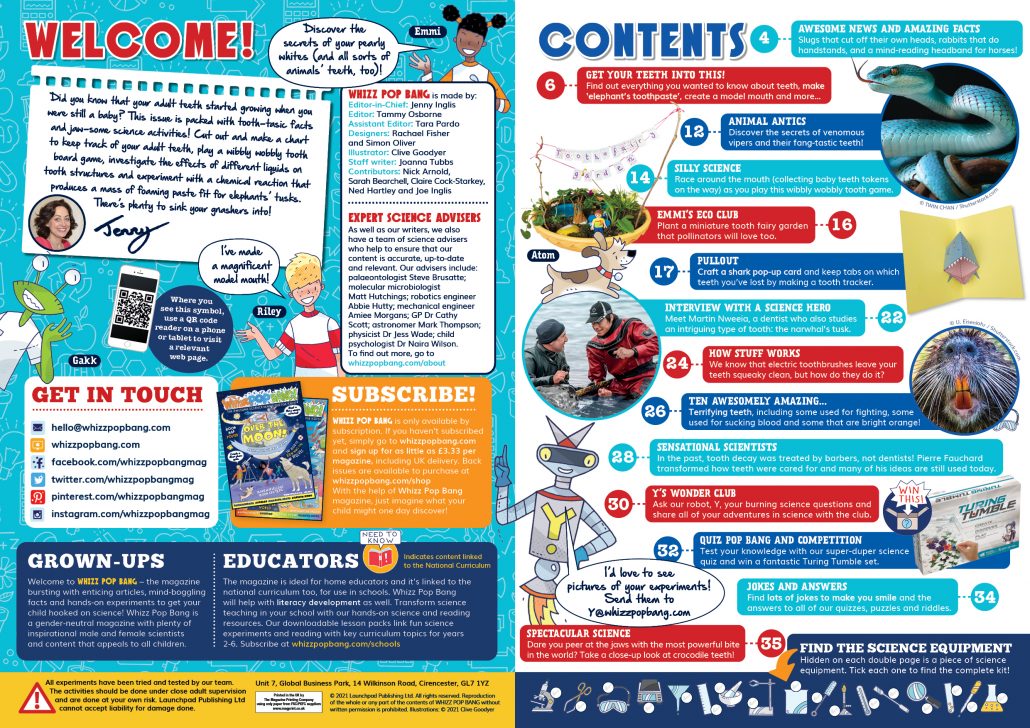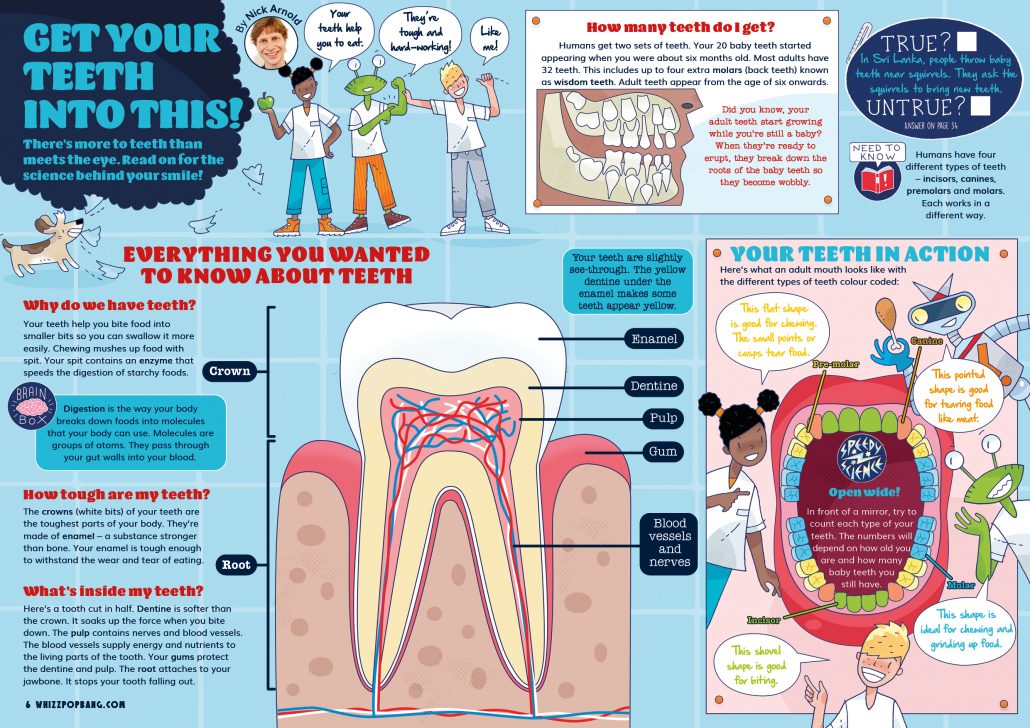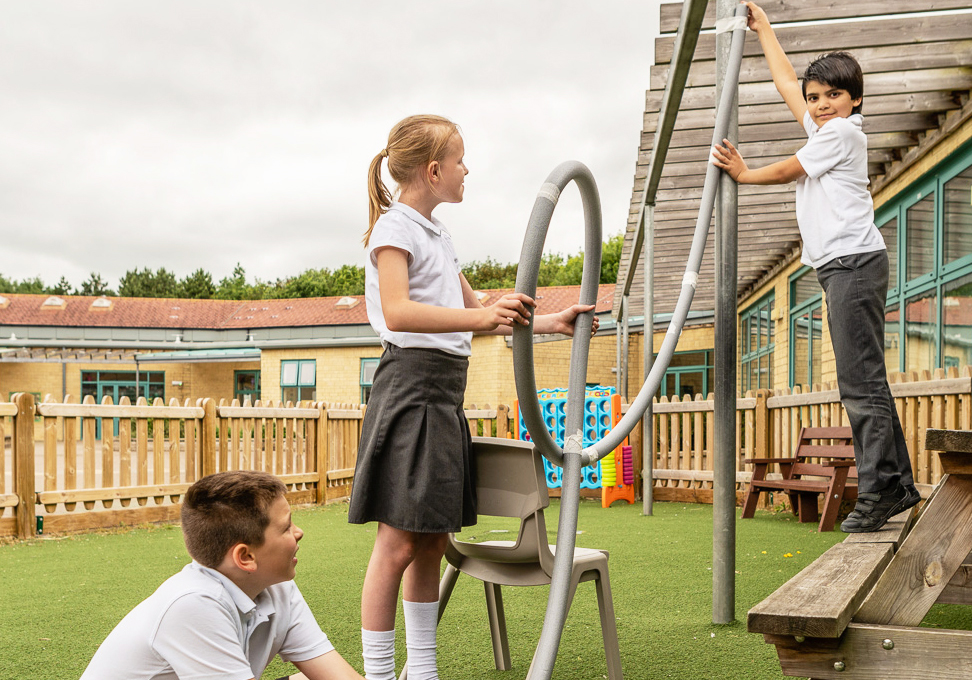Ofsted has just published a new research review into science. This is a huge document that takes a lot of digesting! To help you to navigate it, we’re planning to take a closer look at some of the key points for primary school teachers over the coming weeks. Firstly, let’s look at what Ofsted says about curriculum materials, including the use of textbooks:
“There is evidence that some textbooks in England have become narrowly linked to examinations [footnote 134] and can be a source of misconceptions.[footnote 135] However, high-quality science textbooks fulfil several valuable roles in supporting pupils’ learning.[footnote 136] For example, they can give clear delineation of content with a precise focus on key concepts and knowledge.”
Firstly, we must remember that Ofsted’s science review is not just for primary but also up to KS5. As a primary teacher with over 20 years of experience, I cannot imagine using textbooks effectively with any year group in a primary classroom. It takes me back to my own primary school experience, where the dusty, outdated books were pulled out and I was told to turn to page 96 and that was the only teacher interaction for the entire lesson! This is not what Ofsted is suggesting. At the heart of this is the need for good quality science texts and resources that are accurate and don’t contain misconceptions.
The good news…
This is almost permission to ask your senior leaders for money to spend on good quality science-related texts. The first step should be to check what resources you already have. Make sure that you don’t have any outdated science books lurking in the school library. Then check each classroom has access to the relevant science texts for their year group. This will show any gaps.
Magazines are a great source of information. Whizz Pop bang is a monthly magazine which has a team of expert science writers. These are listed at the front of each magazine.

This means everything that is published is scientifically accurate, up-to-date and is written for children to understand in a fun and engaging way. There is new content every month, so it’s never outdated.

Each magazine features an interview with a scientist, an explanation text, instructions to make something eco-friendly, a non-chronological report on an animal and a historical biography of a scientist, explaining how they made a new scientific discovery. In the research review, Ofsted states that pupils should know about how science has helped in the past:
“As pupils learn science, they also learn about its uses and significance to society and their own lives.[footnote 7] This will highlight the significant contribution science has made in the past. For example, by eradicating smallpox and discovering penicillin.”
If you subscribe to the school resources, you will get access to a huge back catalogue of these texts as PDFs in our reading comprehension packs. They have been grouped by year group to ensure progression.
If you are worried that the magazines will get spoiled easily and won’t last long, please read this blog post by That Science Lady.

